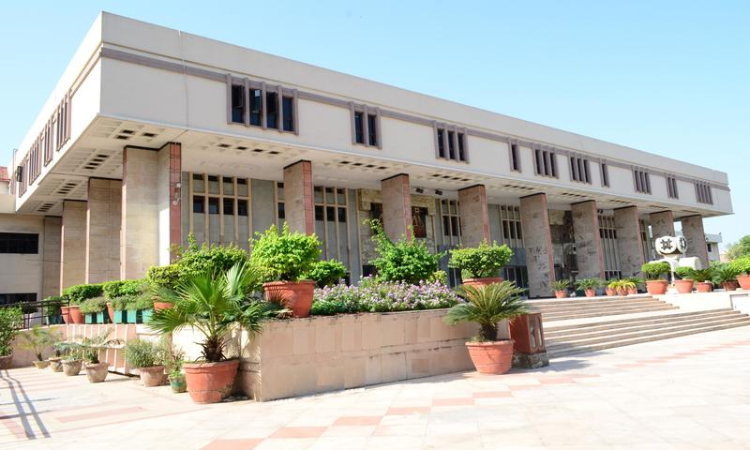In an affidavit filed before the Delhi High Court, the Central Government has stated that the IT Rules 2021, notified earlier this year for regulation of online news and social media platforms, do not muffle the right to free speech in the country. It claims that the legislative intent behind the Rules is to deter fake news, bring about self-regulation clubbed with a...

